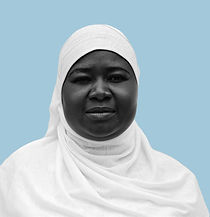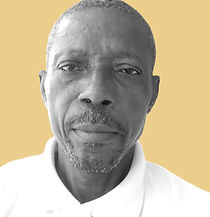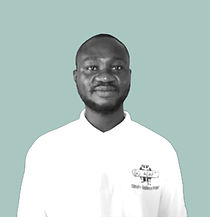WHO WE ARE

WHO WE ARE

CLIP HISTORY, MISSION & VISION
Changing Lives in Innovative Partnerships (CLIP) started as a rural development programme with the aim to increase self-help capacity and improved living conditions for the populations in rural communities of Yendi, Gushegu and Karaga districts in the Northern Region of Ghana. CLIP was established as a package to promote children’s education, especially girls and provide livelihoods support to families in the Northern Region of Ghana.
Since then its main activities have been focused on water supply, hygiene & sanitation and waste management, food security and livelihoods, agropastoralism, nutrition, climate change and environmental management as well as inclusive growth and development.
Read and download CLIPs 2020-2024 Strategy here
VISION
A society free of hunger where local communities have sustainable skills and opportunities to improve their livelihoods
MISSION
To empower people to influence and drive their own socio-economic development in a sustainable environment
PRINCIPLES OF CLIP
Three principles form the bedrock of the organization’s operational context and that have shaped its policies and programmes.
-
The need to promote attitudes, practices and behaviours that will empower communities to identify and prioritise their needs for social change as a means of addressing poverty in their communities.
-
The need to promote actions that allow people - especially youth and women - to have sustainable skills and opportunities to improve their livelihoods.
-
Community led problem solving is the key to supporting communities in addressing their development.
WHERE WE WORK
CLIP operates in the five (5) Northern Regions of Ghana - Northern, Savannah, North East, Upper East and Upper West Regions. Some key local assemblies CLIP worked in includes; Karaga, Gushegu, Mion and Kumbungu, Savelugu, Saboba, Tamale Metro and Sagnarigu (Northern), Central Gonja, East Gonja (Savannah), Bawku Municipal, Pusiga, Bongo, Bawku West (Upper East), East Mamprusi (North East) and Nandom, Nadoli, Lawra (Upper East).

ORGANISATION
CLIP was registered in 1997 with the Registrar General Department to operate as a Non-Governmental Organization (NGO). It is one of the affiliates of the Ghana Developing Communities Association (GDCA). As an independent registered organization, CLIP has its own management and staff and a governing board of directors known as the Technical Committee (TC) with defined governance practices.
Ownership and Governance: Technical Committee and Management Team
The Technical committee (TC) acts as the Board of Directors and are the policy making body for the organization. The programme manager report or account to the TC at quarterly and annual meetings. Through the quarterly meetings, the TC provides the general guidelines for implementation by the management team.
Within the organization, there is a Management Committee (comprising the Manager, Project Coordinators and Project Officers), that make decisions on day-to-day basis. Staff Monthly Meetings form the basis for information sharing, critical decision-making and evaluation of programs within the month.
Management Structure
The Management structure of CLIP comprises the Director, Technical Advisors and the Administrator/Accountant as the Senior Management Team and the rest as Staff members.










_edited.png)
_edited.png)





_edited.png)





